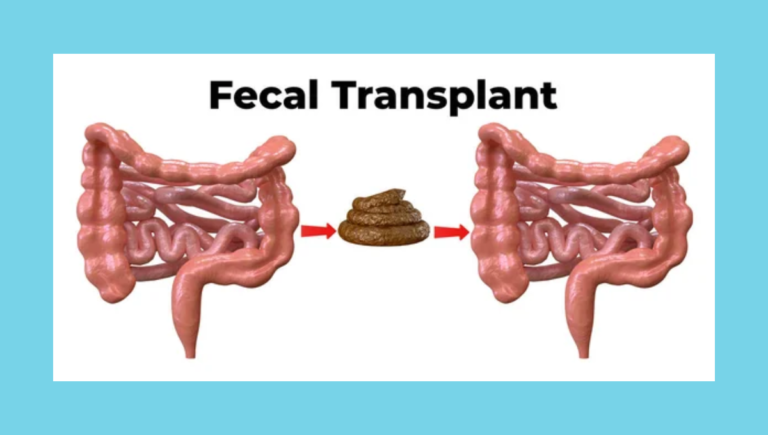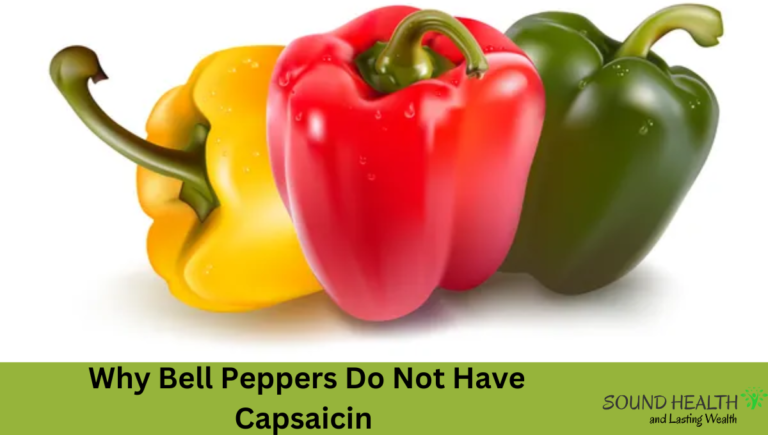Bell peppers don’t contain capsaicin. This is the compound responsible for peppers’ spicy heat. Bell peppers do not contain a gene responsible for producing capsaicin. It is because bell peppers lack capsaicin that they are sweet and mild. Other peppers, on the other hand, are known for their fiery taste.
This gene is only expressed in bell peppers, making them the only capsaicin-free peppers in the family. This gene, however, is expressed only in bell peppers. They are the only capsaicin free peppers of the family. Bell peppers are a good choice for people who like milder flavors or have a capsaicin allergy.
The Scoville scale is a logarithmic measurement of pepper pungency that accurately reflects the absence of capsaicin found in bell peppers. Bell peppers are at the bottom of the Scoville scale with zero Scoville Heat Units (SHU). This indicates their mild and non-spicy character. The Carolina Reaper is the most spicy pepper according to the Scoville heat scale. It boasts a staggering 1,569,383 Scoville heat units. This highlights the huge difference between bell peppers, and their fiery counterparts.
The bell peppers lack of capsaicin makes them a popular choice for those who prefer milder flavors, or are sensitive to capsaicin. They are versatile because they lack this spicy compound, which makes them an excellent addition to many cuisines.
Peppers with Capsaicin
-
Carolina Reaper (2,200,000+ SHU): The Carolina Reaper is the hottest pepper in the world. It delivers a lingering and intense heat. The Carolina Reaper is a very rare pepper, and it’s used in small amounts for hot sauces.
-
Trinidad Scorpion Butch T (1,461,000+ SHU): The Trinidad Scorpion Butch T is one of the world’s hottest peppers, with a Scoville score of more than 1.4 million. The intense flavor of the pepper and its delayed heat that builds slowly over time make it an excellent ingredient for those who love heat.
-
Naga Viper (1,349,000+ SHU): Another contender for the title of hottest pepper, the Naga Viper has a Scoville Rating of more than 1.3 million. The heat can vary from mild to very hot, depending on the pepper. The delayed heat of the pepper can also increase over time. This makes it a culinary challenge even for the most experienced pepper lovers.
-
Bhut Jolokia(Ghost Pepper): Bhut Jolokia is also known as Ghost Pepper and has a Scoville Rating ranging between 855,000-over 1 million SHU. The intense fruitiness of the pepper and its lingering heat make it an ingredient that is popular in spicy sauces and hot dishes.
-
Scotch Bonnet Pepper (SHU: 100 000 – 350 000): The Scotch Bonnet is a staple of Caribbean cuisine. Its Scoville rating can range between 100,000 and 350,000 SHU. The pepper’s intense heat and fruity flavor make it an excellent ingredient for hot sauces and salsas.
-
Habanero: With a Scoville rating of 100,000-350,000, the Habanero is a favorite for salsas and hot sauces. The intense heat of the Habanero pepper, along with its fruity flavor that is often described as tropical or citrusy, gives a spicy kick to many dishes.
Cayenne (SHU: 30 000 – 50 000): Often found in hot sauces and spice blends, Cayenne peppers deliver a medium heat. Their Scoville ratings range from 30 000 to 50000 SHU. The Cayenne pepper is a versatile ingredient that adds a spicy kick in a variety of dishes. Its mildly fruity taste and heat level makes it a favorite.
-
Jalapeno Pepper (SHU: 2,500 – 8,000): The Jalapeno pepper is a staple of Mexican and Tex Mex cuisine. It has a Scoville heat rating ranging between 2,500 and 8,000 SHU. Its grassy taste and versatility makes it a popular option for adding spice in salsas, sauces and other dishes.
-
Serrano (10,001 – 23,001): The Serrano is hotter than a jalapeno and has a Scoville score ranging between 10,000 and 23,000. It has a similar flavor to jalapenos, but a stronger heat that can sneak on you. It is often used to spice up salsas, hot pepper sauces and other dishes.
These peppers are just some of the many foods rich in capsaicin that you can use to add a fiery flavor to your cooking. These ingredients are perfect for anyone who is a spice enthusiast or curious about the world of heat.
ALSO READ Health Benefits of Ata Rodo Pepper (Scotch Bonnet Pepper)
Capsaicin has many health benefits
Capsaicin is the chemical compound that gives chili peppers their fiery heat. It has a number of health benefits. Although research is ongoing, recent studies have revealed that capsaicin may be able to relieve pain, improve cardiovascular health, reduce inflammation, and even fight cancer.
Pain Relieving: Capsaicin is a potent pain reliever due to its ability to block pain signaling. Topical capsaicin has shown to be effective in treating pain caused by arthritis, shingles and neuropathic conditions.
Weight Control: The thermogenic properties of capsaicin, which increases metabolic rate and calorie consumption, may help with weight control. Research suggests that capsaicin can suppress appetite and increase fat burning. This could contribute to weight loss.
Cardiovascular health: Capsaicin has the potential to reduce blood pressure and improve blood vessel function. It can also lower cholesterol, which is good for heart health.
Cancer Prevention and Treatment Capsaicin’s anti-tumor effect in laboratory studies has raised interest about its potential role for cancer prevention and therapy. Research indicates that capsaicin can induce apoptosis in cancer cells, which is a process of programmed cell death.
Antiinflammatory Properties: The ability of capsaicin to decrease inflammation in the body may have a wide range of health benefits. Chronic inflammation has been linked to a variety of diseases including arthritis, heart disease and cancer. Capsaicin may protect against these conditions due to its anti-inflammatory properties.
Additional Benefits:
-
Antibacterial: The antibacterial property of capsaicin could help protect you from foodborne illness.
-
Anti-fungal: Capsaicin’s anti-fungal properties may aid in combating fungal infections.
-
Digestive Health: Capsaicin stimulates digestive juices, regulates bowel movements and promotes digestive health.
-
Sinus Congestion Treatment: Capsaicin thins mucus, clears congestion and provides relief.
-
Improve your mood: Capsaicin releases endorphins (the body’s natural feel good chemicals) which may improve your mood.
Capsaicin side effects
When used moderately, capsaicin is safe for the majority of people. It is important to know the possible side effects of capsaicin and to take measures to avoid them.
Common side effects:
-
Burning in the mouth or throat: The most common side effects of capsaicin. The burning sensation is due to capsaicin’s ability to bind with pain receptors found in the mouth and throat. The sensation of burning is temporary and usually goes away by itself.
-
Eye irritation Capsaicin may irritate eyes when it comes in contact with them. This can cause eye irritation, including redness, watering, and burning.
-
Skin irritation Capsaicin may also cause skin irritation. This can lead to redness, itchiness, and burns of the skin.
Less Common Side Effects:
-
Diarrhea Capsaicin may cause diarrhea for some people.
-
Nausea or vomiting: Capsaicin may also cause nausea and vomiting.
-
Stomach upset Capsaicin may upset stomachs and cause indigestion for some people.
Rare Side Effects:
- Allergic Reaction: People can experience an allergic reaction in rare cases. An allergic reaction to capsaicin may include hives or rash. It can also cause swelling, difficulty breathing and wheezing.
Safety Considerations
Although capsaicin can be safe in small doses, it is important to use caution.
-
Avoid contact to eyes and skin. Capsaicin may cause irritation if it comes in contact with sensitive areas.
-
Side effects of Capsaicin: Capsaicin can cause diarrhea, skin irritation, and burning sensations.
-
Medication Interactions: The capsaicin may interact with some medications such as beta-blockers and antidepressants. If you are taking any medication, consult a doctor before using capsaicin.
-
Pregnancy or breastfeeding: Consult with a healthcare professional prior to consuming capsaicin while pregnant or breastfeeding.
-
Health conditions that may be present: Talk to your healthcare provider about capsaicin if you are suffering from any health conditions.






+ There are no comments
Add yours